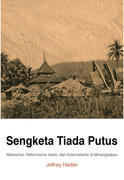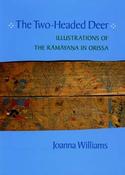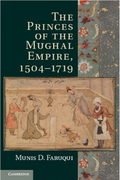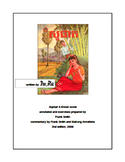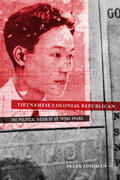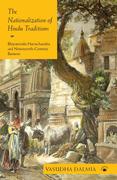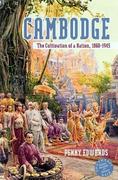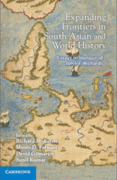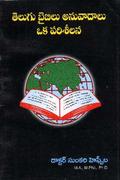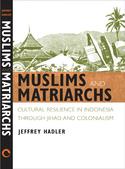The People of SSEAS
Our department was founded as a Department of South and Southeast Asian Languages and Literatures. While we have grown into an interdisciplinary area studies department with specialized coverage of history, religion, and culture, our emphasis on textual traditions remains fundamental. We are committed to language training at the highest level, and to research that foregrounds textual analysis and archival sensitivity.
In Southeast Asian Studies our faculty has strengths in the modern histories and literatures of the region. Professors Penny Edwards and Peter Zinoman are leading scholars of the cultural histories of Cambodia, Indonesia and Vietnam, both winners of the Benda Prize from the Association for Asian Studies. And Professor Sylvia Tiwon is a specialist in Indonesian and Malay literary traditions and political culture. Among our language faculty Dr. Joi Barrios teaches Filipino language, is a renowned poet, and has expertise in Tagalog literature. Supatra Chowchuvech (Thai), Ninik Lunde (Indonesian), Frank Smith (Khmer) and Hanh Tran (Vietnamese) are acknowledged leaders in language training and pedagogy.
Our South Asian Studies faculty focuses on Sanskrit and Middle Indic languages and literatures, on Tamil literature, on Himalayan studies and Buddhism, and on early modern and modern cultural history from the Mughal period through contemporary Hindi-Urdu.
Professor Robert Goldman and Dr. Sally Goldman are Sanskritists—their scholarly translation of the Ramayana of Valmiki is the definitive work on this most important epic. Professor Alexander von Rospatt bridges the textual traditions of Buddhism with modern praxis in Nepal, and Professor Jacob Dalton is an expert in Tibetan Buddhism. Professor Munis Faruqui brings to the department a focus on the history of Mughal India and Islamic South Asia. And Professor Vasudha Paramasivan is an expert on classical and modern Hindi literatures and cultures.
Professors Lawrence Cohen (Anthropology) and Raka Ray (Sociology) focus on the cultures, medical traditions, social movements and politics of modern South Asia. Professor Janaki Bakhle (History) specializes in modern South Asian cultural and intellectual history. And our language faculty—Amitabha Basu (Bangla), Bharathy Sankara Rajulu (Tamil), Pranjali Sirasao and Usha Jain (Hindi), Greg "Max" Bruce (Urdu), and Upkar K. Ubhi (Punjabi)—provide language training and expertise across South Asian literary traditions, from modern conversational language classes to the reading of classical texts.
While our faculty and students are specialists and tend to focus in our research on specific disciplines, periods, and particular literary or national traditions, we all believe in the importance of thinking comparatively across the region of South and Southeast Asia. We understand that scholarly insight comes from interdisciplinary work and the ability to make that work relevant to a broadly trained community of scholars.
We are a small department covering a third of humanity. We conduct research and lead classes where a high degree of specialization and focus is framed with the broader ability to think comparatively and synthetically. In this we are rooted in the best of Berkeley’s humanities and liberal arts traditions.
